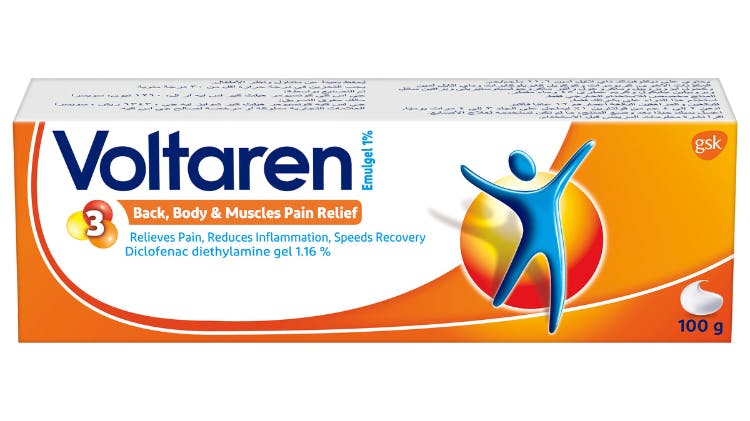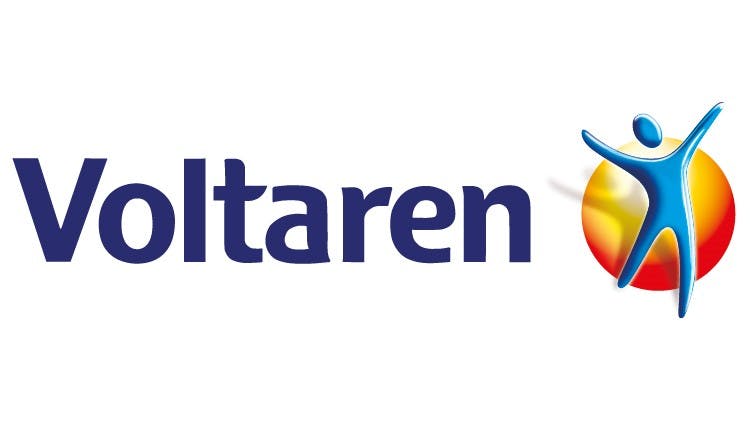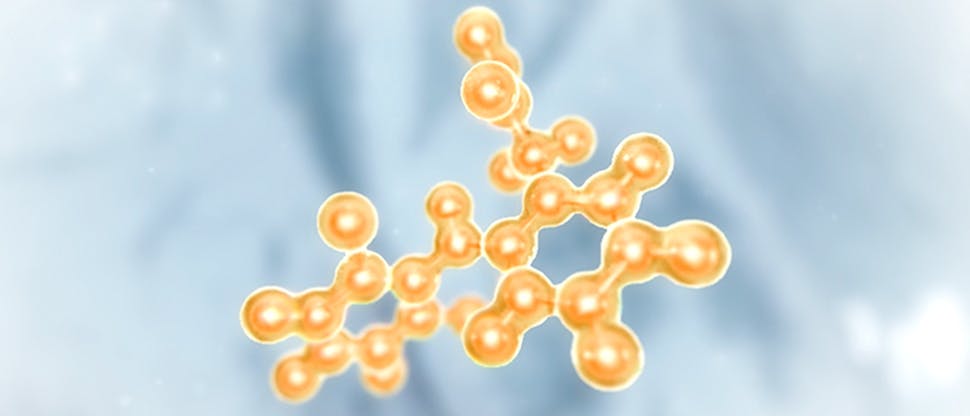Diclofenac
Acts through cyclo-oxygenase-2 (COX-2) inhibition, striking inflammation at its source
Learn how diclofenac reduces inflammation by inhibiting prostaglandin biosynthesis through action on the COX enzymes with selectivity for COX-2, and inhibiting phospholipase A2 activity to reduce the production of inflammatory leukotrienes.1,2,4
%20970-416%20px.jpg?auto=format)
Diclofenac is a potent anti-inflammatory agent1
Its effect on the COX-2 enzyme means that, unlike non-NSAID medications such as paracetamol, diclofenac not only provides pain relief but also treats inflammation – a root cause of pain.2,4
Diclofenac, an NSAID (and therefore in the same drug class as Naproxen ), shows marked potency in its inhibition of the COX-2 enzyme.5
Diclofenac targets inflammation to strike pain at its source
Diclofenac-containing product

Voltaren Triple Effect 1.16% Emulgel
Voltaren Triple Effect 1.16% Emulgel contains 1.16% diclofenac diethylamine and is an effective alternative to over-the-counter oral analgesics.2,6,7
Indicated for relief of pain and swelling in soft-tissue injuries and localised forms of soft-tissue rheumatism, and relief of non-serious arthritis of the knee or fingers.2
Diclofenac – a potent anti-inflammatory ingredient1

Voltaren Emulgel product
Learn more about Voltaren Emulgel product that contain this potent anti-inflammatory ingredient.1
Voltaren Triple Effect Emulgel Clinical Summaries
This clinical summary assesses DDEA 1.16% gel compared with placebo gel in acute NP.

